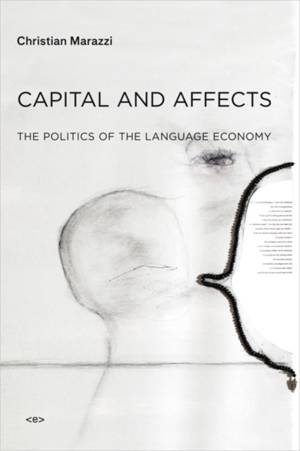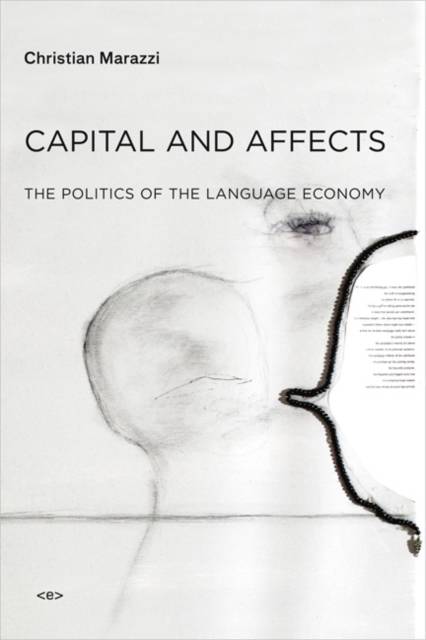
- Afhalen na 1 uur in een winkel met voorraad
- Gratis thuislevering in België vanaf € 30
- Ruim aanbod met 7 miljoen producten
- Afhalen na 1 uur in een winkel met voorraad
- Gratis thuislevering in België vanaf € 30
- Ruim aanbod met 7 miljoen producten
Omschrijving
Communication as work: we have recently experienced a profound transformation in the processes of production. While the assembly line (invented by Henry Ford at the beginning of the last century) excluded any form of linguistic productivity, today, there is no production without communication. The new technologies are linguistic machines. This revolution has produced a new kind of worker who is not a specialist but is versatile and infinitely adaptable. If standardized mass production was dominant in the past, today we produce an array of different goods corresponding to specific consumer niches. This is the post-Fordist model described by Christian Marazzi in Capital and Affects (first published in 1994 as Il posto dei calzini [The place for the socks]). Tracing the development of this new model of labor from Toyota plants in Japan to the most recent innovations, Marazzi's critique goes beyond political economy to encompass issues related to social life, political engagement, democratic institutions, interpersonal relations, and the role of language in liberal democracies.
This translation at long last makes Marazzi's first book available to English readers. Capital and Affects stands not only as the foundation to Marazzi's subsequent work, but as foundational work in post-Fordist literature, with an analysis startlingly relevant to today's troubled economic times.
This Semiotext(e) edition includes the afterword Marazzi wrote for the 1999 Italian edition.
Specificaties
Betrokkenen
- Auteur(s):
- Vertaler(s):
- Uitgeverij:
Inhoud
- Aantal bladzijden:
- 160
- Taal:
- Engels
- Reeks:
Eigenschappen
- Productcode (EAN):
- 9781584351030
- Verschijningsdatum:
- 12/08/2011
- Uitvoering:
- Paperback
- Formaat:
- Trade paperback (VS)
- Afmetingen:
- 161 mm x 228 mm
- Gewicht:
- 254 g

Alleen bij Standaard Boekhandel
Beoordelingen
We publiceren alleen reviews die voldoen aan de voorwaarden voor reviews. Bekijk onze voorwaarden voor reviews.











